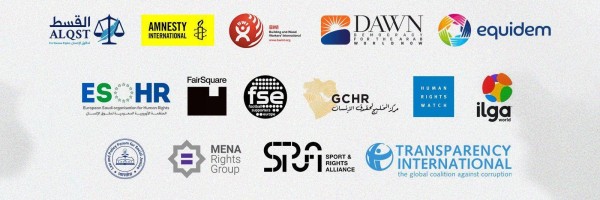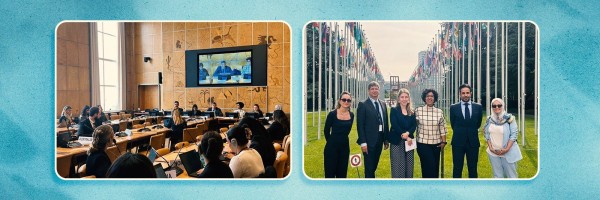On Thursday, 8 July 2021, the European Parliament passed a resolution condemning human rights abuses in Saudi Arabia, in particular the Saudi authorities’ use of the death penalty and ongoing execution of child offenders, and calling on EU member states to take action to hold them accountable.
The resolution, which was adopted by an overwhelming majority (661 votes to 3, with 23 abstentions), highlights the use of the death penalty in Saudi Arabia. It strongly condemns the authorities’ ongoing execution of child offenders, including most recently of Saudi youth Mustafa Hashem al-Darwish, and urges Saudi Arabia to confirm that other child offenders on death row, including Abdullah al-Howaiti and Mohammed al-Faraj, will not be executed. It recalls the authorities’ previous announcements that “no juvenile offender will face the death penalty”.
Saudi Arabia has for many years been among the countries carrying out the highest number of executions in the world, and while 2020 saw a sharp fall, the resolution notes that the total number of executions carried out so far in 2021 (32) has already surpassed the number for the whole of 2020. It points to the current figure of at least 40 detainees in Saudi Arabia at risk of execution, including peaceful critics of the authorities such as Islamic scholars Salman al-Odah and Hassan al-Maliki, for whom the public prosecutor continues to press for the death penalty.
The resolution follows previous European Union (EU) resolutions passed on Saudi Arabia, including in October 2020 on the situation of Ethiopian migrants in Saudi detention centres, and also addresses other human rights abuses in the kingdom. It strongly condemns the ongoing pattern of harsh prison sentences handed down to human rights defenders and peaceful dissidents, including recently the humanitarian worker Abdulrahman al-Sadhan. It calls for their immediate and unconditional release as well as the lifting of heavy restrictions imposed on several who have already been released, such as women’s rights activist Loujain al-Hathloul.
In light of these abuses, the resolution calls on the Saudi authorities to take steps to improve their human rights record, including genuinely abolishing the death penalty for child offenders and reviewing the cases of all prisoners currently facing the death penalty.
Furthermore, regretting the EU’s “timid approach” in the past to public diplomacy on human rights with regard to Saudi Arabia, it urges the EU and Member States to take several measures to hold the Saudi authorities accountable for their rights abuses, including activating mechanisms such as the the EU-Saudi Human Rights Dialogue, supporting Global Human Rights Sanctions, and supporting any action by the UN Human Rights Council.
ALQST’s Head of Advocacy Julia Legner commented: “This resolution shows that the vast majority of MEPs, despite the Saudi authorities’ attempts to present a reformist image, have refused to turn a blind eye to the egregious human rights violations taking place. Crucially, they call on the EU and member states to now take a bolder approach, and actively take action to hold Saudi Arabia accountable.”




